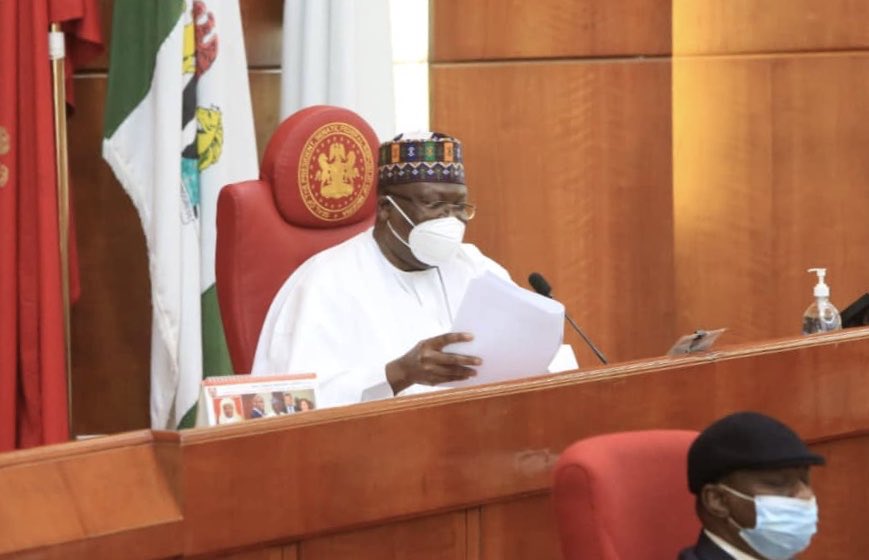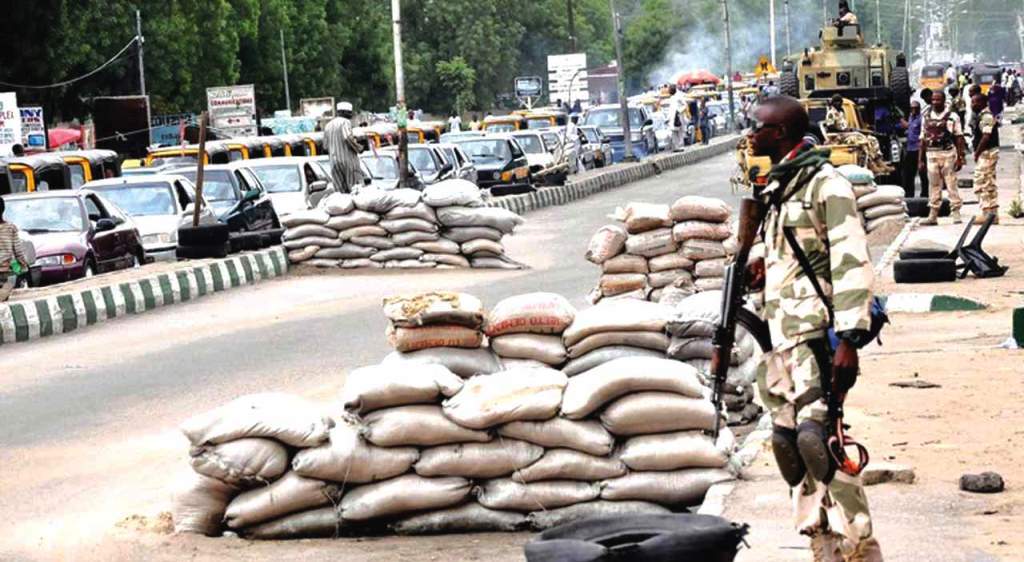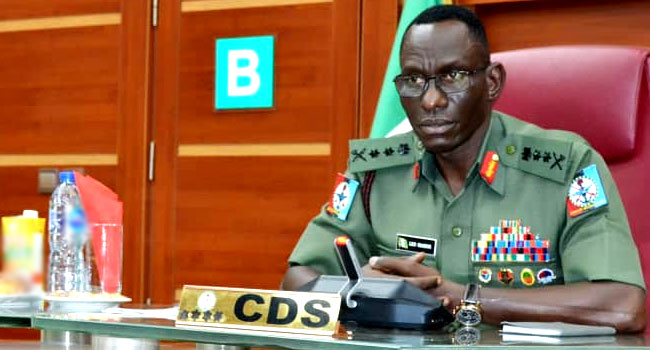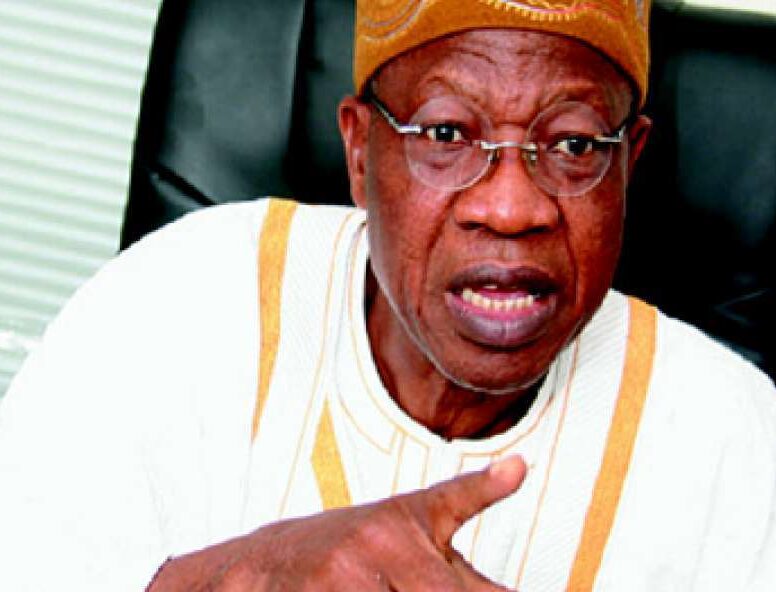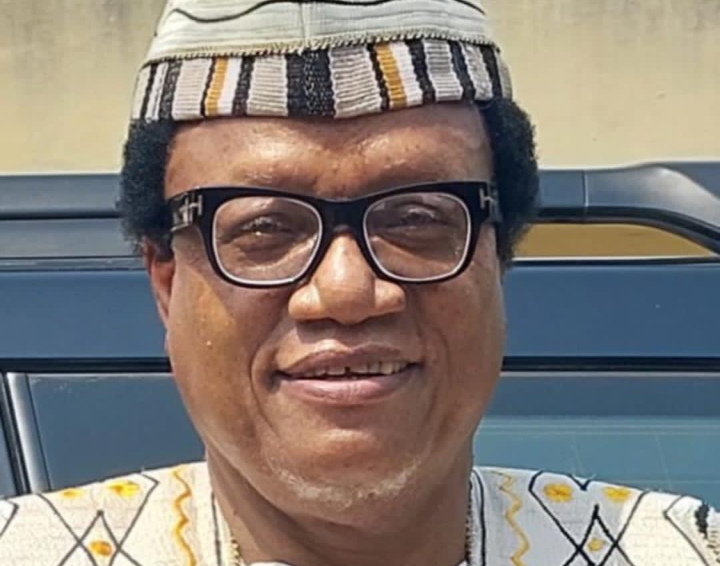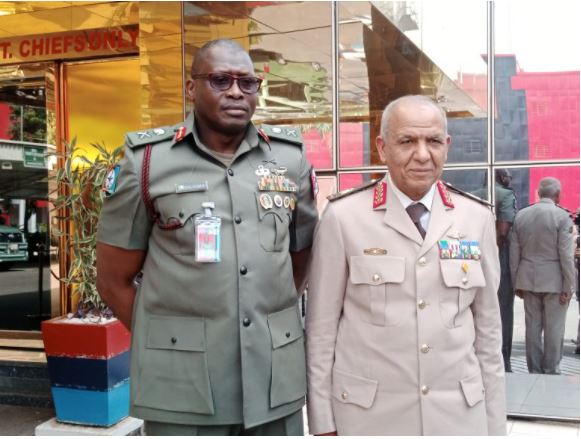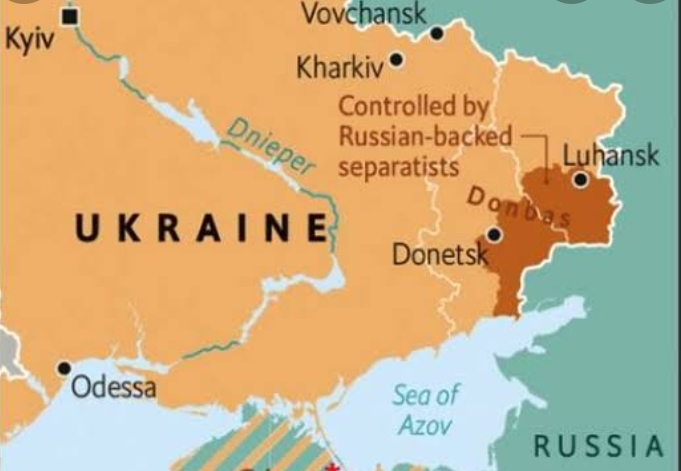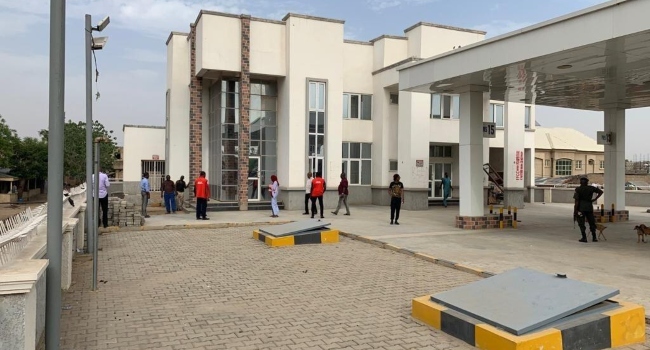…demands massive deployment of military to areas under attack
The Senate has called on the President Muhammadu Buhari-led Federal Government to declare all know leaders of terrorist wanted.
The call was made on Wednesday in a six-point resolution reached by the chamber, following a motion considered on the urgent need to stem the increasing spate of kidnappings and insecurity across parts of the country.
The motion entitled, “urgent need to surmount all kinds of kidnappings, banditry and related security challenges in Wasagu-Danko, Sakaba and Yauri Local Government Areas of Kebbi State”, was sponsored by Senator Bala Ibn Na’allah (Kebbi South).
The motion was co-sponsored by twelve other Senators.
Na’allah, in his presentation, noted with concern the current rise in security challenges in Danko/Wasagu and Sakaba Local Government Areas (LGAS) of Kebbi State and indeed across the federation.
According to him, “the bandits are moving in hundreds from village to village, house to house in search of cattle to rustle and people to abduct.”
He lamented that, “in some cases, the houses and foodstuffs of the residents are entirely burnt down, rendering them homeless and without food to survive.
“Besides, many of their victims have been maimed while women, both old and young, are raped and dehumanized.”
The lawmaker, stated that the bandits now conduct their criminal operations in broad daylight, fully armed on motorcycles, and shooting and killing whoever was unfortunate to come their way.
He raised the alarm that the Bandits have reportedly been laying siege around Yar-Kuka, Morai, Dankade, to Wadako and, recently in Bena, where 20 people were abducted.
He added that they have also found refuge in Ayu, where most of the residents were forced to flee, under Wasagu Chiefdom of Wasaga/Danko LGAS of Kebbi State.
“The same challenges are going on at Sakaba town under Sakaba LGAS of the State unabated”, he said.
Na’allah said that on the 19th February 2022, the bandits in large numbers passed through Waje, Sabon-layi, Zuttu and Kangon Wasagu, where they killed many people and herds of cattle rustled.
He noted with concern that the incident had increased the number of Internally Displaced Persons in Waje, Ribah, Kanya and Wasagu in Wasagu/Danko LGA, thereby creating a major humanitarian crisis in the zone.
He further recalled that the Bandits killed some traditional leaders and security agents in Dankade and Yar-Kuka.
According to the lawmaker, Bena to Bangi federal road linking Kebbi and Niger State was shut down by the bandits even though manned by Security Agencies.
He observed that twelve villages in Wasagu Chiefdom Danko/Wasagu LGA are under incessant attacks of Bandits.
He gave the names of the villages to include: Doka; Ganyale; Morai; Ktare; Banku; Mutare; Bawada; Tungar-Dangula; Tungar Galla; Gimi; Zagami; Kahalmo; and Chud-kubu.
He revealed that under Sakaba LGA, the bandits have invaded and ransacked Dankolo, Makuku, Sakaba Janbirni, and Kurmin-hodo villages, and also displaced the residents at Unguwar Wade, Agali, and Mazarko.
He bemoaned the kidnap of School Children of Federal Government College Yauri, noting that more than ten are still in captivity.
“The Females among them were said to have been married to the Bandits and reportedly three are said have been released to their parents after having been allegedly impregnated by their captors.
“Last week, the Bandits attacked Tungar Zarumai, under Yauri Emirate Council, killed and kidnapped so many people and set the entire village ablaze where foodstuff and other valuables were completely burnt down”, Na’allah said.
He warned that unless urgent steps are taken to tackle the security challenges, communities may be forced to resort to self-defence by acquiring arms and ammunitions.
Adamu Aliero (Kebbi Central), in his contribution, said the incidents of kidnappings and killings In Kebbi South are replications of what happened in Zamfara and Sokoto States.
“The military made it impossible for bandits to operate in Zamfara causing them to seek refuge in Kebbi State”, Aliero said.
He, therefore, underscored the need for coordinated military operations in Kebbi, Zamfara and Sokoto and Niger States.
Senator Sani Musa (Niger East), described the present security situation in the North-West part of the country as “alarming”.
He lamented the lack of military response to the recent killing of four officers of the Nigeria Security and Civil Defence Corps in Shiroro LGA.
Senator Musa expressed worry that Niger State has become a haven for terrorists going about with explosive devices.
“Are we not human beings, is there no government? Foreigners are coming into this country. Immigration should wake up, there are a lot of foreigners in Niger State. Niger State has become a haven for Bomo Haram.
“There is no action taken, no security forces, nobody is doing anything about it.
“These people have started using Improvised Explosive Devices (IEDs).
“If we can’t do it, why not call foreign countries to come and help us”, he queried.
Senator Nora Daduut (APC, Plateau South), on her part, called on federal government to urgently carry out investigations as to how bandits get a supply of arms and ammunition.
She lamented the waste of human lives by terrorists, adding that effort must be made by government to secure the lives of internally displaced persons who are potential targets of terror attacks.
Senator Nicholas Tofowomo (PDP, Ondo South), said the persistent insecurity across the country was a clear indication that the country’s internal security has failed.
Also contributing, Senator Uche Lilian Ekwunife (PDP, Anambra Central), advanced arguments for State Policing as means to addressing the nation’s security challenges.
“Are the Governors really the Chief Security Officers of their respective states? If the answer is yes, why can’t we support the creation of state policing?
“The security is getting off-hand in this country. This is time to forget our personal interests and support the creation of state policing”, the lawmaker said.
Senator Ifeanyi Ubah (YPP, Anambra South), said the issue insecurity was beginning to take a new dimension that may result in the eventual migration of persons from rural to urban areas in search of safety.
The Senate President, Ahmad Lawan, in his concluding remarks said, “let’s never be discouraged, because sometimes we feel why are we doing this, nothing is happening.
“There’s a limit to what we can do, but we must do what we are supposed to do well.
“When we debate things here, that is our primary responsibility.
“We can only do oversight to put pressure, but we cannot execute, because you can’t command anyone to go anywhere.
“What we do here to me is very significant. We should continue to debate it, talk about it, and follow up with some action.”
Accordingly, the Senate, in its resolution, urged President Muhammadu Buhari to deploy, massively, the law enforcement agencies to conduct a rigorous operation that would bring to an end banditry and cattle rustling in the affected LGAs.
It also urged the Chief of Defence Staff and Inspector General of Police to, as a matter of urgency, establish Commands in the affected areas.
The chamber urged the National Emergency Management Agency (NEMA) and all donor organisations to provide relief materials such as clothes, blankets, portable water, food and shelter to victims in the affected areas.
It urged Governments at all levels to provide grants to the victims as being done in other parts of the country to enable them recover from these unfortunate incident.
The chamber called on the Federal Government to invoke the provisions of Sections 17(3)(g) of the 1999 Constitution of the Federal Republic of Nigeria (as amended) to render the necessary assistance to the affected areas.

